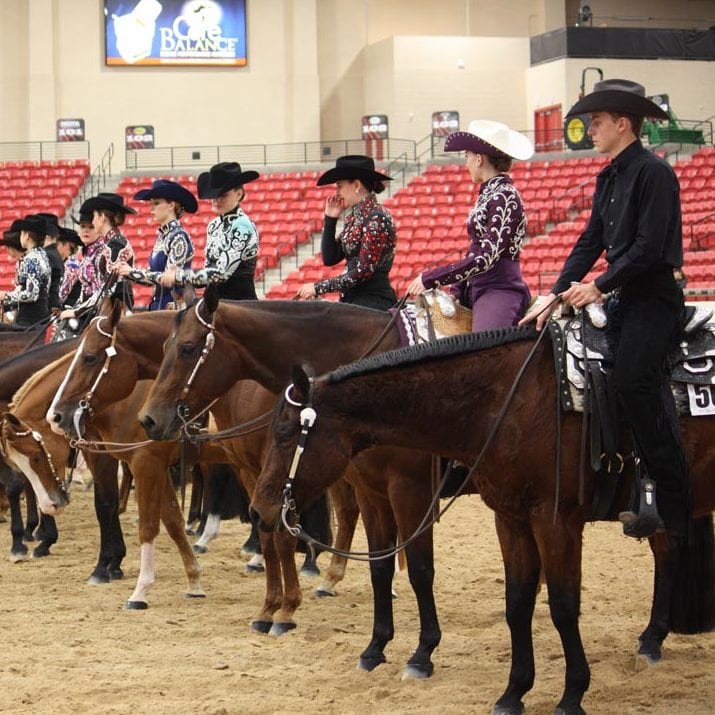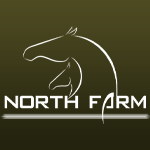GoHorseShow talked to several of the top AQHA/APHA show managers and secretaries in the industry and asked them what they would like exhibitors to know to help them in the show office.
Often, show managers are doing the best they can and need a little help from others to get the show running more efficiently. The horse show village coming together and communicating in positive ways is a win-win for everyone.
Read below some of the pet peeves of show managers and what you can do next time you set foot on the show grounds to better everyone’s experience.
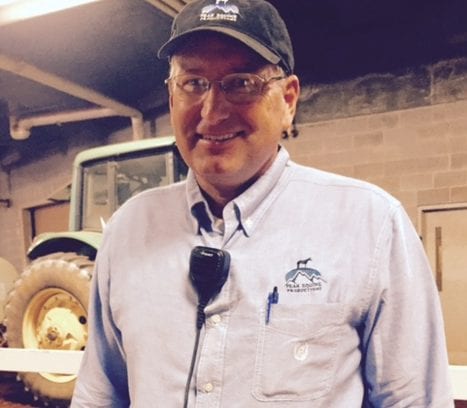 Patrick Kayser – Pet Peeves: Those that don’t clear the arena at the end of a break and those that hover over you while you are setting up a trail course or arena. We need to keep the show moving so help us out and prepare efficiently for the breaks and exit the arena when the time is up. When setting a course, there aren’t many like Tim Kimura, so it takes a little longer, but the goal is the same: get it right and rideable. Last, those that don’t let you know they scratched a class after you have seen them show in an earlier class. You count that entry only to find out you are one short. #scrambletime.
Patrick Kayser – Pet Peeves: Those that don’t clear the arena at the end of a break and those that hover over you while you are setting up a trail course or arena. We need to keep the show moving so help us out and prepare efficiently for the breaks and exit the arena when the time is up. When setting a course, there aren’t many like Tim Kimura, so it takes a little longer, but the goal is the same: get it right and rideable. Last, those that don’t let you know they scratched a class after you have seen them show in an earlier class. You count that entry only to find out you are one short. #scrambletime.
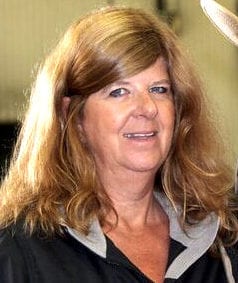 Terri Dyson-Wirthlin – My biggest pet peeve as a show manager is working with a facility that has no idea how to prepare the grounds for a horse show. If you manage a horse facility and lease that facility out to the public, please have staff that knows how to prepare the arenas, warm-up areas and stalls. The arena footing has been one of my toughest challenges. As a show manager, I put the exhibitor and horse first, they are my first concern. Not having knowledgeable staff that knows how to prepare the footing is so frustrating. Even more frustrating is when the facility staff has the, “I don’t care attitude.”
Terri Dyson-Wirthlin – My biggest pet peeve as a show manager is working with a facility that has no idea how to prepare the grounds for a horse show. If you manage a horse facility and lease that facility out to the public, please have staff that knows how to prepare the arenas, warm-up areas and stalls. The arena footing has been one of my toughest challenges. As a show manager, I put the exhibitor and horse first, they are my first concern. Not having knowledgeable staff that knows how to prepare the footing is so frustrating. Even more frustrating is when the facility staff has the, “I don’t care attitude.”
If you have never managed a horse show, please know that show management is there to run a smooth, efficient show for whichever association hired them and to be knowledgeable of all rules and standards. The manager is to be fair to all exhibitors and make sure that consideration is given to all events. Decisions are not made on a personal level. Decisions are made to best suit all exhibitors at that show. So, if you have a question or concern, please talk to the show manager. Find out their reasoning for doing what they do. Please don’t threaten them with scratching all your horses and going home. I give 100% or more at every show I manage. I try to control every situation, things sometimes happen out of my control, but you can bet I’m on top of it trying to make sure it doesn’t happen again. If I can fix it, I will.
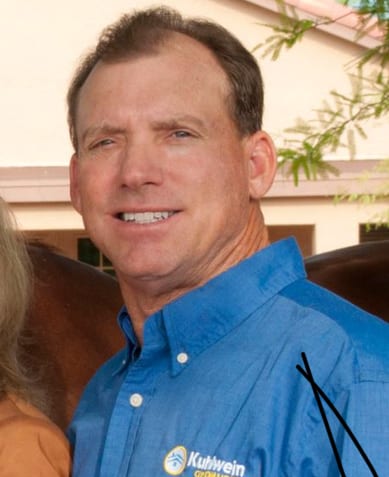 Mark Kuhlwein – A big piece of the puzzle to a successful show circuit is the organization, and part of that is running it efficiently. The most significant area where exhibitors can help their show is to make their class and not miss it. Barn calls are courtesies, and it’s the exhibitor’s responsibility to make the gate. I advise keeping tabs on the show’s progress each day and being ready ahead of time. Most show staffs and gate managers are willing to be flexible and hold the gate for a tack change or a tack emergency, for example, but the exhibitor must communicate that ahead of time since it affects everyone. To me, there aren’t too many reasons a class should be missed, but the staff can’t take responsibility for the exhibitor’s time management. We all have to work together to make it run smoothly, which is what we all want.
Mark Kuhlwein – A big piece of the puzzle to a successful show circuit is the organization, and part of that is running it efficiently. The most significant area where exhibitors can help their show is to make their class and not miss it. Barn calls are courtesies, and it’s the exhibitor’s responsibility to make the gate. I advise keeping tabs on the show’s progress each day and being ready ahead of time. Most show staffs and gate managers are willing to be flexible and hold the gate for a tack change or a tack emergency, for example, but the exhibitor must communicate that ahead of time since it affects everyone. To me, there aren’t too many reasons a class should be missed, but the staff can’t take responsibility for the exhibitor’s time management. We all have to work together to make it run smoothly, which is what we all want.
For most shows, those who plan and enter early save money by not incurring late fees. They also get rewarded with a better stall placement and less time to check in at the office. If you call for a stall after our barn charts are due for the facility, you’re not going to get the stalls you want. If you don’t plan, we are all rushing around and more stressed: the exhibitor, trainer, horses and show management, plus the facilities’ staff who delivers your shavings. We will still always welcome late exhibitors and entries with open arms, because we know life happens, but if you can avoid making that a habit, you’ll probably have more fun at your shows.
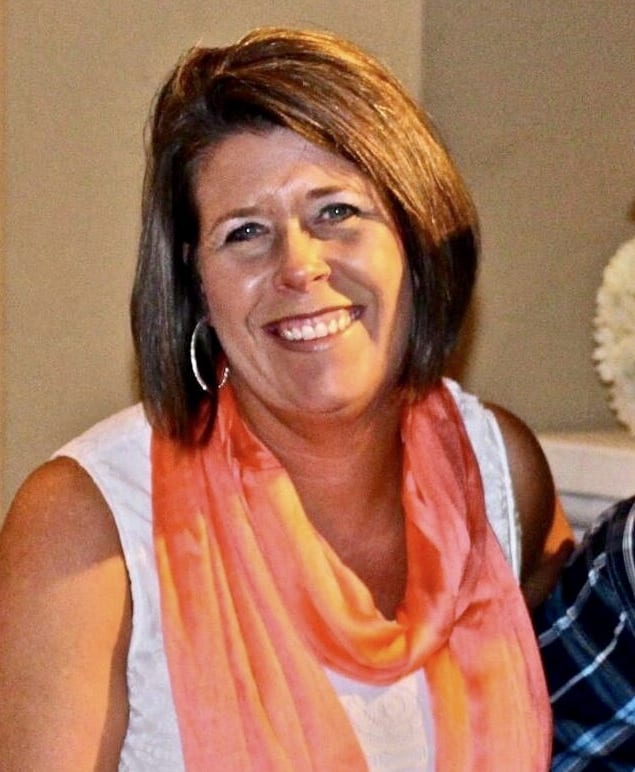 Carmen Lay – The thing that makes my job the hardest is exhibitors not having their membership cards. If they would take a picture of their membership cards and have it on their phone that would be great. I always have the ones that have paid but didn’t bring it. They still get mad because they have to buy a new one. And most of the time it is someone that has shown before not someone that is new.
Carmen Lay – The thing that makes my job the hardest is exhibitors not having their membership cards. If they would take a picture of their membership cards and have it on their phone that would be great. I always have the ones that have paid but didn’t bring it. They still get mad because they have to buy a new one. And most of the time it is someone that has shown before not someone that is new.
 Deanna Freeland – My number one is with the all-inclusive fees, exhibitors are terrible about scratching classes. It makes it hard to know what the real numbers are for the class, and we waste time holding up the start of the class for them. Even if they don’t want to go all the way to the office, please tell the check-in person at the gate ahead of time. The other thing is not getting ready to enter the ring when the class is being called to the gate. Most judges want us to start loading the next class when they line up the class in the pen. The delays add up as the day goes on and makes for a very long day for all the show personnel.
Deanna Freeland – My number one is with the all-inclusive fees, exhibitors are terrible about scratching classes. It makes it hard to know what the real numbers are for the class, and we waste time holding up the start of the class for them. Even if they don’t want to go all the way to the office, please tell the check-in person at the gate ahead of time. The other thing is not getting ready to enter the ring when the class is being called to the gate. Most judges want us to start loading the next class when they line up the class in the pen. The delays add up as the day goes on and makes for a very long day for all the show personnel.
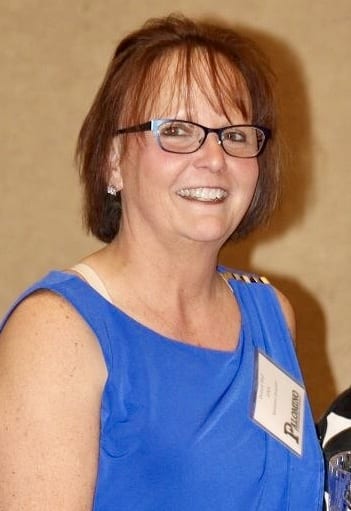 Debbie Wall – I guess my pet peeve would be exhibitors asking exactly how long will it take to get to a particular class. Yes, folks think we can predict exactly what time a class will take place. There are just way too many variables for a show secretary to make that call.
Debbie Wall – I guess my pet peeve would be exhibitors asking exactly how long will it take to get to a particular class. Yes, folks think we can predict exactly what time a class will take place. There are just way too many variables for a show secretary to make that call.
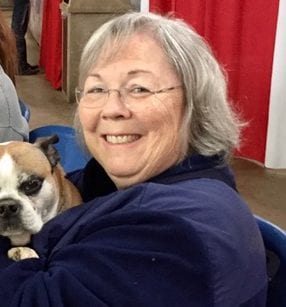 Sally Griffin – Some of my pet peeves are incomplete paperwork, complaints about the judges and weather.
Sally Griffin – Some of my pet peeves are incomplete paperwork, complaints about the judges and weather.
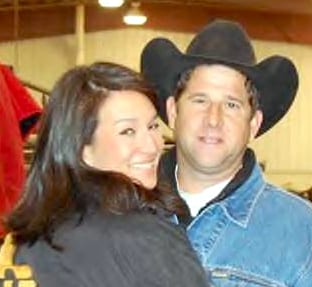 Sally and Rawhide Blackwell – One of our pet peeves is not being ready for your class. No explanation needed – every minute counts when we’re trying to ensure we get finished before midnight. Not coming promptly for a gate call and especially not letting the gate crew or show office know about scratches. I can’t tell you how many times I’ve had to run down another “tenth” horse because one of the people on the list decided not to show but didn’t tell anyone.
Sally and Rawhide Blackwell – One of our pet peeves is not being ready for your class. No explanation needed – every minute counts when we’re trying to ensure we get finished before midnight. Not coming promptly for a gate call and especially not letting the gate crew or show office know about scratches. I can’t tell you how many times I’ve had to run down another “tenth” horse because one of the people on the list decided not to show but didn’t tell anyone.
 Susan Daniels – My biggest one is, ‘You have my info in the computer, why do I need my paperwork and ID card?’ It may be the same faces behind the desk, but computers change from show to show depending on who is in charge. We love to help as best we can, but not having the correct info adds a lot of work on the secretaries, and sometimes, it gives the announcer the wrong information.
Susan Daniels – My biggest one is, ‘You have my info in the computer, why do I need my paperwork and ID card?’ It may be the same faces behind the desk, but computers change from show to show depending on who is in charge. We love to help as best we can, but not having the correct info adds a lot of work on the secretaries, and sometimes, it gives the announcer the wrong information.
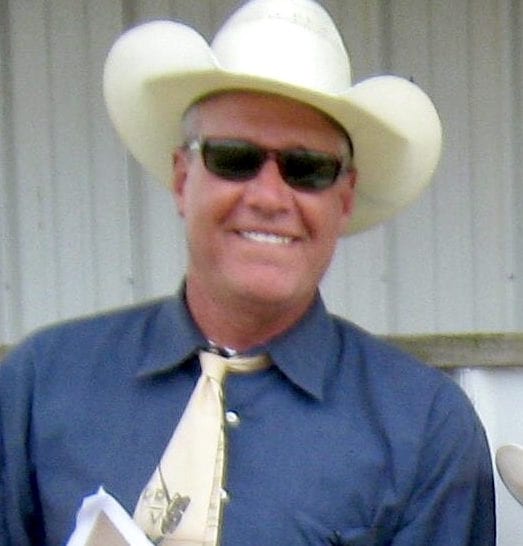 Chris Jeter – I have an interesting viewpoint as a show manager. I’ve shown since 1974. I’ve trained and hauled a lot of customers, and I’ve judged a long time, so I try to find a balance between all three. All exhibitors want to have a successful show and show management wants to put on a successful show. That being said, there are thousands of moving parts with people and live animals in the mix. What could go wrong? When things do go wrong, please tell the show management/staff first and foremost. If possible, the issue will gladly be resolved. But remember, you catch more flies with honey than with vinegar.
Chris Jeter – I have an interesting viewpoint as a show manager. I’ve shown since 1974. I’ve trained and hauled a lot of customers, and I’ve judged a long time, so I try to find a balance between all three. All exhibitors want to have a successful show and show management wants to put on a successful show. That being said, there are thousands of moving parts with people and live animals in the mix. What could go wrong? When things do go wrong, please tell the show management/staff first and foremost. If possible, the issue will gladly be resolved. But remember, you catch more flies with honey than with vinegar.
Next, I would say be prompt and be ready. Shows are long, and the show needs to move along. The people that show at the end of the schedule have paid for their time in the arena too, so it’s important to keep the show moving promptly. That doesn’t mean a rush but not dragging either. Lastly, show-management appreciates a please and a thank you – they go a very long way. Oh, and know the rules.
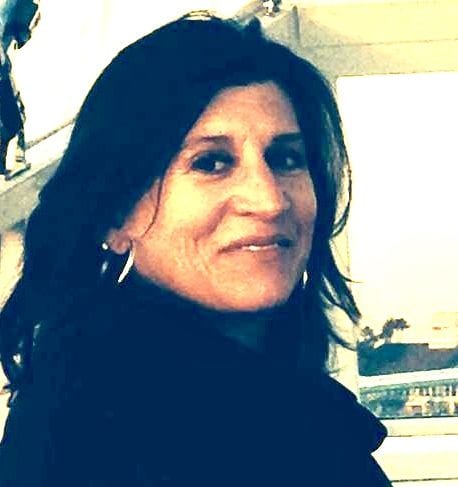 Mary Hannagan – Be cognizant of the public address announcements – please bring all current memberships and papers to the entry office for every exhibitor – dual approved shows usually are missing NSBA information for owners.
Mary Hannagan – Be cognizant of the public address announcements – please bring all current memberships and papers to the entry office for every exhibitor – dual approved shows usually are missing NSBA information for owners.
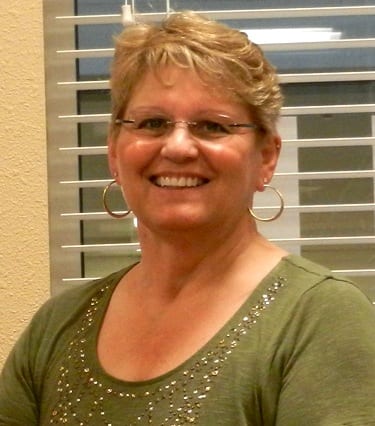 Vanessa Lay – If the exhibitors would come prepared with all the proper paperwork (papers /cards /license ) needed, that would be a huge help with any show office. Not all shows have access to the internet to look up information online and not to rush in to enter at the last minute when they have been on the show grounds for a couple of days already. We try our best to help when we can but, just being prepared with all the required information is a necessity.
Vanessa Lay – If the exhibitors would come prepared with all the proper paperwork (papers /cards /license ) needed, that would be a huge help with any show office. Not all shows have access to the internet to look up information online and not to rush in to enter at the last minute when they have been on the show grounds for a couple of days already. We try our best to help when we can but, just being prepared with all the required information is a necessity.
Next time you are at a show, be sure to stop by the show office and ask how you can help.


